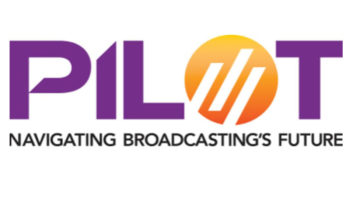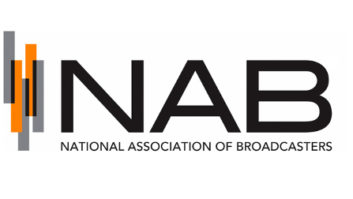 “Fundamentally backward” — that’s how the National Association of Broadcasters characterized comments from opponents of broadcast ownership reforms in reply comments filed this week.
“Fundamentally backward” — that’s how the National Association of Broadcasters characterized comments from opponents of broadcast ownership reforms in reply comments filed this week.
NAB argues that radio ownership reform is required for successful competition against other “audio and video delivery platforms,” like streaming services, which is dependent on the stations’ economic viability. If stations cannot be financially successful, NAB reminded the commission, they will ultimately be unable to serve their audiences.
The association also pointed out that the ownership rules only apply to broadcasters, which puts them at a significant disadvantage when compared to the largely unregulated digital market, which NAB asserts is the source of most of radio’s competition today.
Therefore, NAB argues, “the FCC’s primary focus in this proceeding should be on the intense and growing competition radio and TV stations face for audiences and advertising revenue in a broad marketplace with myriad content sources and advertising options.” In fact, NAB asserts that Section 202(h) requires the Commission to “repeal or modify” the ownership rules because they are no longer serving the public interest.
[NAB to FCC: Revise Ownership Rules to Support Radio]
However, if the commission chooses to keep “broadcast-only ownership caps,” NAB offers suggestions to make them more palatable:
- Remove caps on AM ownership
- Allow one entity to own up to eight commercial FM stations in Nielsen markets 1-75 (or up to ten FMs by participating in the FCC’s incubator program)
- Eliminate ownership restrictions for FMs in markets 76 and lower and in unrated markets
- Allow combinations of top-four rated stations
- Allow joint ownership of more than two stations in all markets
NAB also says that commenters who oppose the association’s proposal have failed to provide “legal, factual or even logical arguments” to counter NAB’s position, calling many of these comments “little more than opinion pieces” with “no serious analyses” and “virtually no relevant data.”
Additionally, the association says that these ownership limits have not helped to promote diversity in the market and there is no indication that this approach will do so in the future. Rather, NAB says, “addressing the lack of access to capital remains the only effective way to promote new entry into broadcasting.”
[Broadcasters Go on Record in Droves to Share Concerns]
NAB also points out that local news production is expensive, so only financially successful stations are able to afford to effectively cover these stories, and AM stations in particular have been struggling to maintain revenue under the current environment.
Regarding the idea that its proposal could reduce AM ownership, NAB says the proposal wouldn’t induce broadcasters to abandon the Senior Band. Rather, the fact that AMs would no longer be factored into the overall market cap could be helpful to these stations, and NAB cautions against factoring in speculation about AMs to make decisions that might harm FM broadcasters as well, namely denying broadcasters the chance to reach “greater economies of scale.”
Ultimately, the association urged the commission to focus on the facts and ignore “hyperbolic claims” and “generalized complaints about media consolidation” when considering how to regulate broadcast media in the modern world.











